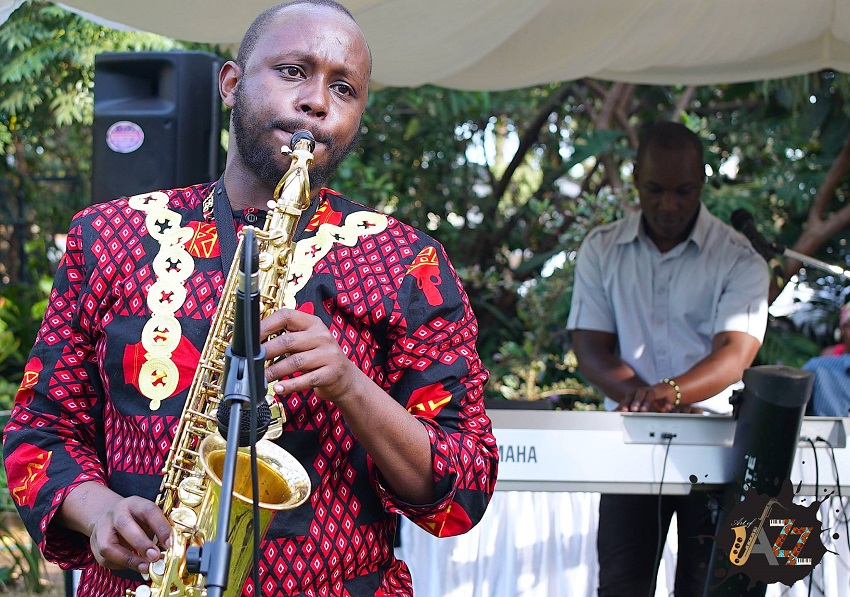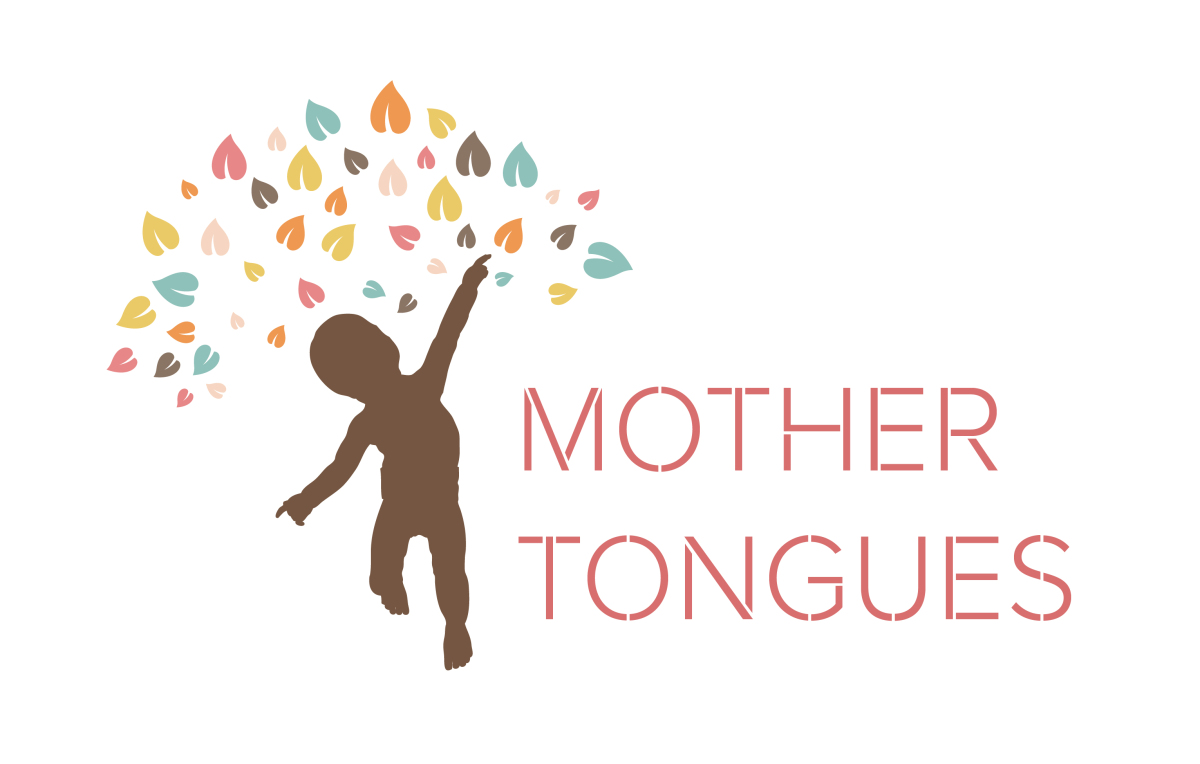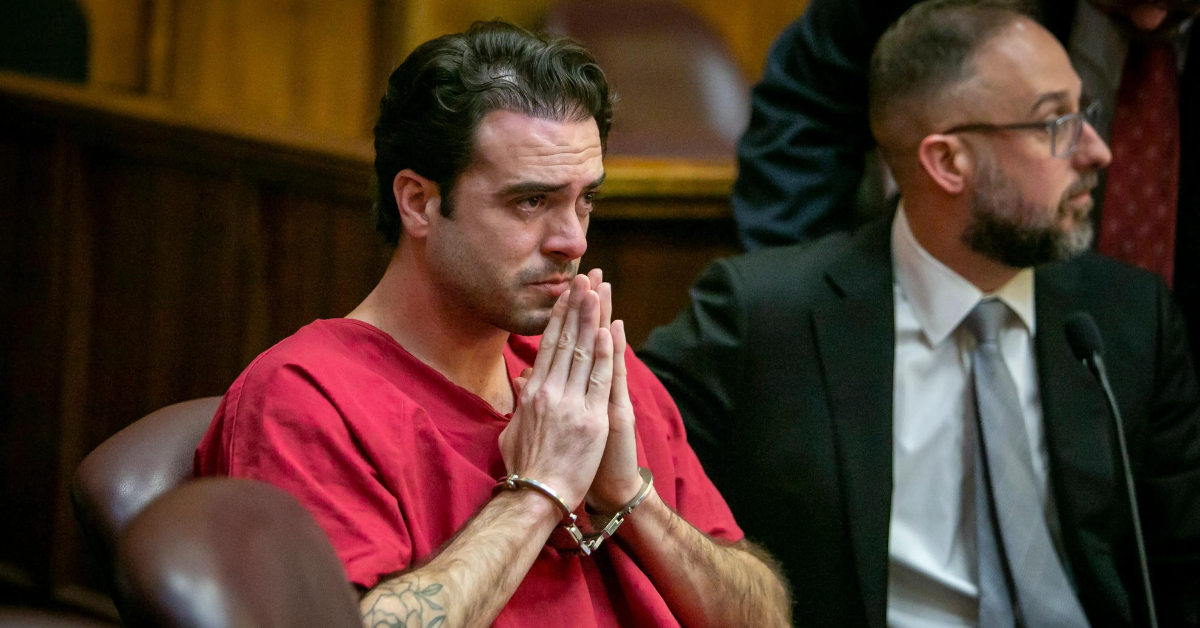Courtesy: afrobougee.com
Kenyan filmmaker Judy Kibinge was recently invited to join the ranks of Oscar voters as part of the 'Academy Class of 2017'. She now becomes one of two Kenyans who can vote for Oscar Award winners - a lifetime gig. The other one, of course, is previous award-winner Lupita Nyong'o.
KenyaBuzz had a wide-ranging, insightful interview with the director of Project Daddy and Something Necessary about the recent announcement, the responsibility that comes with her new-found role in the Academy, and Kenyan film:
KENYABUZZ: Congratulations on the great honour. Is this your highest career recognition yet?JUDY: Yes, it's a great honour. I'd say it's one of a few wonderful honours that have happened over the last few years, and rather than me calling it the highest career recognition, I would say it's the latest point in an ongoing journey that has spanned over a decade. I would also say that ever since founding
DOCUBOX, which is a film fund that supports independent documentary filmmakers, we've just recognised and tapped into so much amazing Kenyan talent and by supporting it, it's allowed me to draw a lot of recognition. This honour is not just about me and my work, it's also about DOCUBOX, the filmmakers that we've nurtured, and in turn, the kind of impact that these films - which are in post-production now - are starting to create around the world. I think that is part of what's being recognised by this and other honours.
KENYABUZZ: How does it feel to be a member of the Academy?JUDY: Well for sure it feels as though I'm in amazing company. When you look at the Class of 2017 and the new members in the last three years, you just realise it's a huge honour. Especially realising that for decades the number of Academy members was capped at about 6,000, and the average age of those members was 63, and the average race and sex of those members was white males. It feels great to be a member of the Academy and feels great to be adding a new and diverse voice to it.
KENYABUZZ: What does inclusion into the Academy mean for you personally as a filmmaker?JUDY: The inclusion to the Academy to me I guess confirms that I'm on the right path. Becoming a filmmaker wasn't particularly an easy thing. Filmmaking is my second career, and because I was coming out of a very successful first career in advertising, I questioned whether that career change really made sense, even though it was a career change driven by passion. So, I guess the inclusion is just one of many confirmations that I've had along the way that it was the right choice.
KENYABUZZ: Other than the much-needed diversity, what else do you believe you'll bring to the Academy that it was lacking before?JUDY: Inviting all these various new voices was to change things. As one of several new diverse voices, some of us who already do know each other, we'll have the opportunity to collectively make a change. It's hard for me to answer, and I don't wanna, kinda make up
bullshit answers [laughs]. Uhm, this is really just a couple of weeks old and as I'm sort of looking at the first batch of films and starting - amongst the many, many other things that I do - to understand the Academy better (and I'm not sort of dropping everything to focus on that), I think I'm gonna gradually come to appreciate and understand the different changes that we're going to be able make to the Academy. I think this is not something that is going to come instantly. And I don't think this is a question that I'm gonna be able to answer instantly, because I simply don't have the answer to it. I think as we vote, as we attend various Academy events as they happen, it's so we can understand where our power lies and hopefully we'll be able to take advantage of them as a collective.
KENYABUZZ: Was #OscarsSoWhite a culmination of a system set in its ways or did the world just read too much into it?JUDY: It definitely was the culmination of a system set in its ways. When you have the average profile of an Academy member as a 63-year-old white male, then it definitely means that it's a system set in its ways. It definitely means that the individuals, who no doubt were amazing individuals, who were so integral in making Hollywood what it was, created this elite Academy that was very secretive, where the world didn't really know who the members were. But the world has changed, and I think much of the world feels quite proprietary over Hollywood, even though its manufactured by America. And so it should, because increasingly the world is responsible for the box office numbers. So, leading filmmakers from around the world should be able to put their voices and votes into it. So, definitely the world didn't read too much into it.
KENYABUZZ: What will be the long-term effect of an increasingly diverse Academy?JUDY: When I have the answer to that one, I will let you know [laughs]. I really don't know. I've heard some criticism about it which I thought was interesting. There was one critique that I read where they were saying that the answer is not to make the Academy more diverse, but to make people who cast in Hollywood more diverse. I think the long-term effect, for instance, will be more demand on casting agents. I think the effect will be, just more colour and films from different countries having a greater chance of being selected. We've gotta remember that even with all these new voices, the people of colour still make a tiny percentage [it stands at 13%] of the Academy membership, but it's a good start.
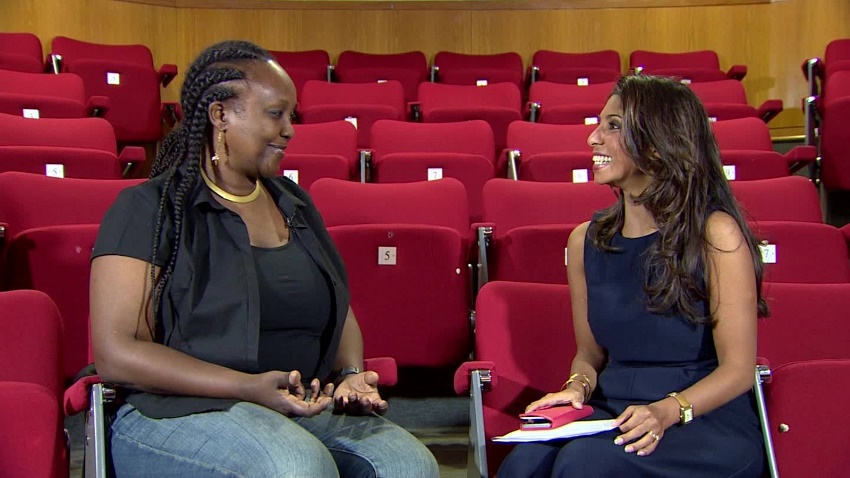 Judy Kibinge in a recent interview with CNN's Melissa Mahtani. Courtesy: cnn.com
Judy Kibinge in a recent interview with CNN's Melissa Mahtani. Courtesy: cnn.com
KENYABUZZ: Do you see this as a stepping stone into Hollywood or will you continue making Kenyan movies?JUDY: I definitely do not see this as a stepping stone into Hollywood. I've been recognized and invited to be a member of the Academy because my voice is diverse and part of that diversity means that I live on the Continent and that I am nurturing and working with independent documentary filmmakers here in Kenya. And I think to sort of suddenly jump ship and run to Hollywood [laughs], waving my Academy membership ticket will be a really weird thing to do. So, yes, I'll continue making Kenyan films, I'll continue supporting independent filmmakers… and hopefully it will be slightly easier to leverage certain asks within certain American film circles, thanks to the Academy membership.
KENYABUZZ: What are you looking forward to the most about your first Oscars ballot?JUDY: I think it's a continuation of work and things that I've been doing over the last few years. I was a judge for IDFA [International Documentary Film Festival Amsterdam] last year, and it's without a doubt the most well-known and prestigious documentary festival and market in the world. So, that was an enormous honour to be one of the judges, I mean that was absolutely amazing. And it's one of the things that led to perhaps being asked to be an Academy member. So, I really see this as a continuation of a journey that began a few years ago…
What I will look forward to is seeing a whole bunch of great films being submitted from around the world. Of course, there are hundreds of films submitted to the Oscars, and it's not like you look at every film coming in and judge. What we do is, we're divided into branches and there are governors. I am able to vote for documentary films, international features, animation as well. And I look forward to just seeing what's out there this year, and to understanding what we as Kenyans and Africans need to also compete with.
I'm looking forward to seeing the new trends in filmmaking. I'm looking forward to uncovering new players, new filmmakers. I think it would be great to be amongst the first of people seeing really great films submitted from around the world.
KENYABUZZ: What's your opinion of the Kenyan film industry right now?JUDY: I think we've seen some really great films so far. I think the whole line up of films that are coming out of One Fine Day Films:
Nairobi Half Life,
Kati Kati,
Veve,
Something Necessary,
Soul Boy are fantastic films and really showcase Kenyan culture, and Kenyan talent at its best. But, we have to step back and ask ourselves a really important question, "Why are these really amazing films all coming out of One Fine Day?". And that's because these are feature length films and they are craft, and they cost money to make. And let's face it, that support money isn't coming from here, it's coming from Germany. And when we begin to support our own films and filmmakers in the same way, we'll suddenly have, not just one film a year coming from One Fine Day, but perhaps we'll have five great films coming out of Kenya.
I'm really excited about this whole taxing of gambling or betting and the plan to use some of the money raised to better sports and culture, and film falls in there. Because without that, we aren't gonna be able to make the number of films we need to each year that leads to a real vigorous industry. We need to produce more than one, we need to produce many good films every year so that we can build the audiences that we need. Because it's those audiences that will lead to MORE films being made.
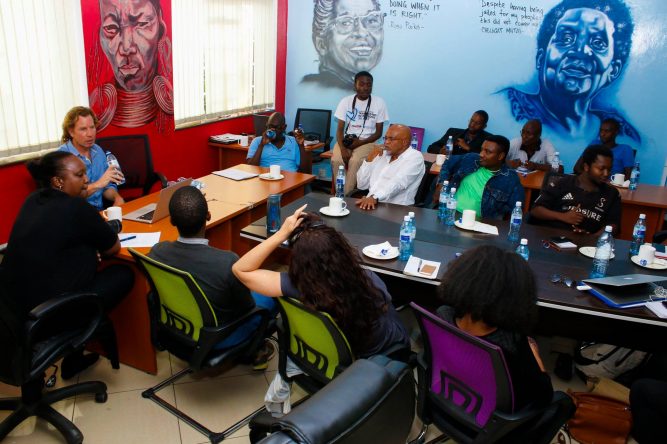
Judy Kibinge and a team of participants at Doculabs, where filmmakersgather to share their project trailers and ideas.KENYABUZZ: How far are we from seeing a Kenyan movie nominated for an Oscar?JUDY: We need to also work on self-critic more. I think there's not enough constructive criticism between filmmakers. Without rigorously questioning each other, pushing each other and also supporting each other, it's hard to create the volume or the few good films that we need to be created each year that make an impact on a greater international level. If we don't have a culture of watching films and really holding each other to account of the highest standards, then how are going to get judged and selected for Oscars if we aren't even being serious about our own local awards.
So, I think the Kenyan film industry right now is buzzing. There's a lot of talent, but that talent needs to be supported in the way that South Africa's NEF (National Empowerment Fund) supports its filmmakers with training, technical support and millions of dollars. That's why South Africa is able to produce so many great films and to have severally been nominated for the Oscars. It wasn't by magic, it wasn't by surprise. It was by real concerted effort by government to financially support training of filmmakers and financially support the production of films - and we aren't doing that.
Again, another example is Denmark, a very small country of 5 million people, always nominated for the Oscars. 5 million people! Why is that? Every year they put 70 million dollars into their films and filmmakers. To get ahead we need to start getting serious about some of these things. Raw talent alone does not pave the way to the Oscars - it just simply doesn't. It's really working on upping technical skills and creating a strong local film culture; a real audience that will then enable filmmakers to raise the finances that they need and create the buzz that they need to get Oscar-winning films made.
*Parts of this interview have been edited and condensed for clarity. Judy Kibinge in a recent interview with CNN's Melissa Mahtani. Courtesy: cnn.com
Judy Kibinge in a recent interview with CNN's Melissa Mahtani. Courtesy: cnn.com



